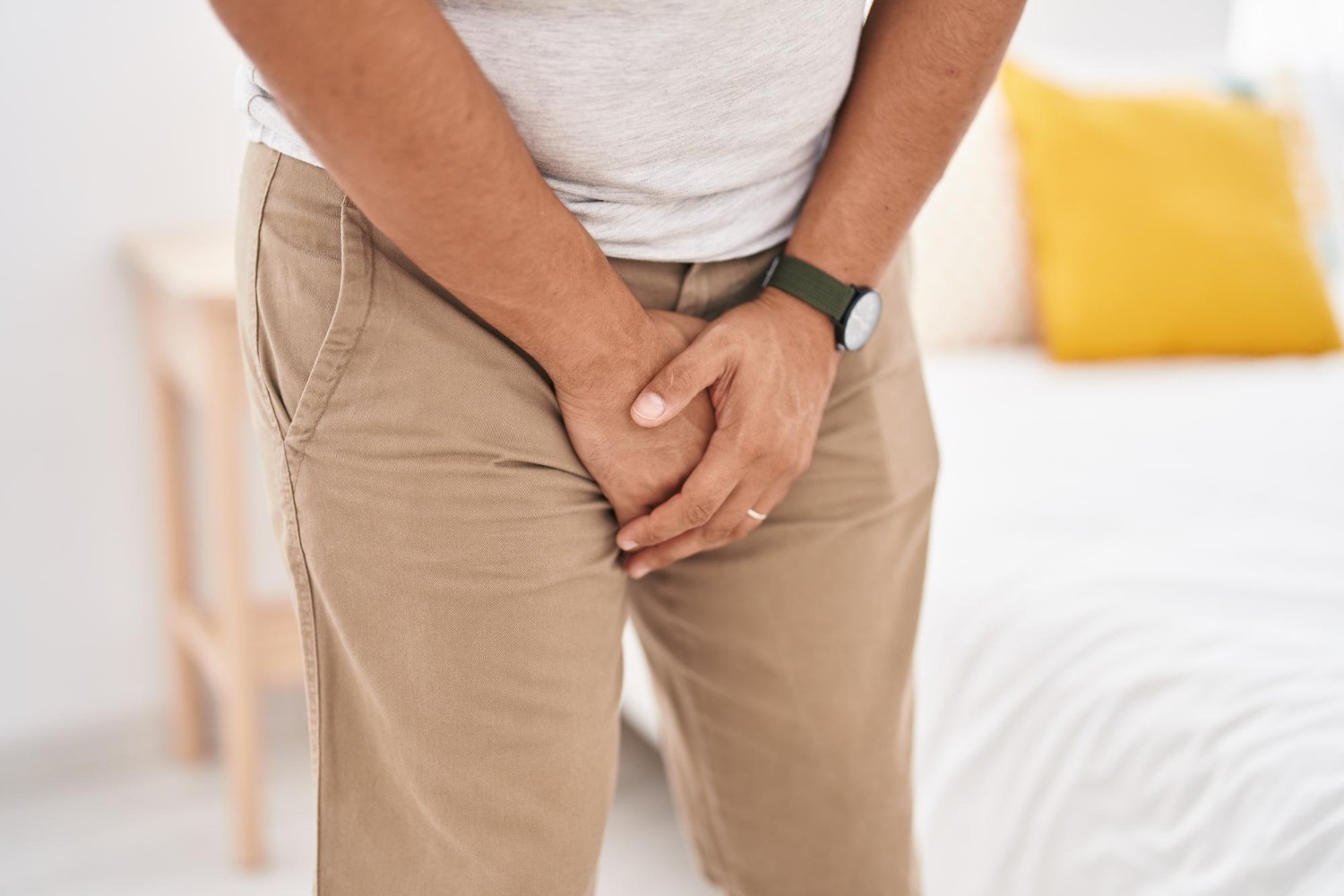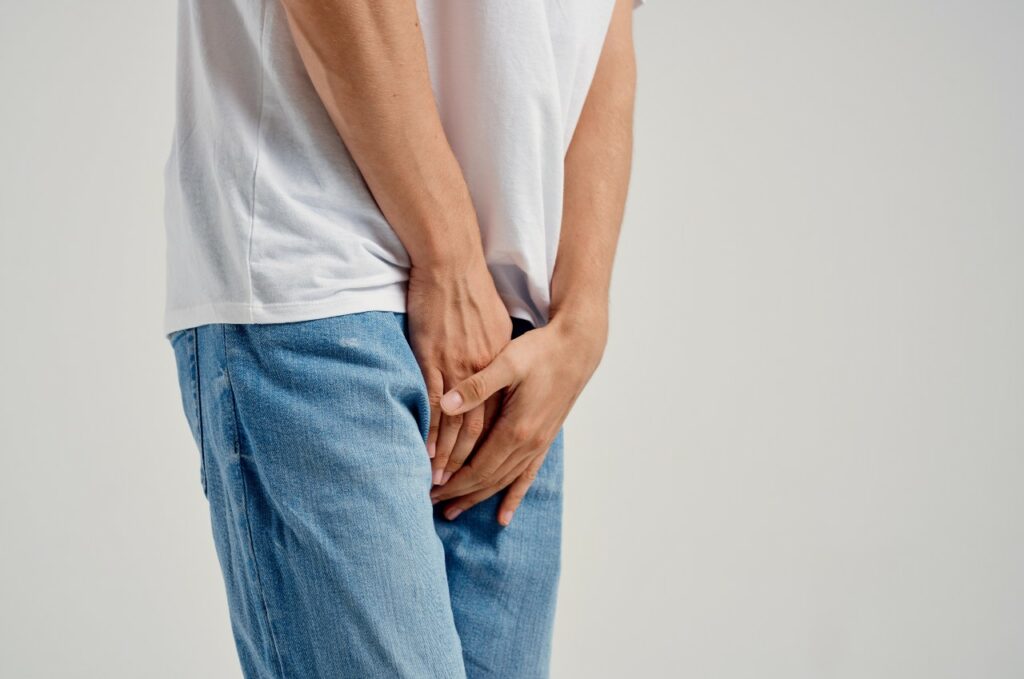By Dr. David Samadi
Overactive bladder (OAB) is a prevalent Lower Urinary Tract Symptom (LUTS) that affects millions of Americans from diverse backgrounds and age groups. Sudden urges to urinate are a symptom of this condition, including increased nocturia, urge incontinence, and leakage accidents, which can significantly impact one’s daily routine and well-being. Seeking professional medical advice could be a wise step to manage this condition and improve one’s quality of life.
Causes of OAB
Multiple factors can contribute to Overactive Bladder (OAB), including bladder infections, medication side effects, bladder cancer, urinary tract infections (UTIs), and prostate enlargement. Additionally, aging, urinary flow obstruction, irregular urination patterns, and diet can all increase the risk of developing OAB.
OAB’s effect on minority communities
Research on OAB prevalence within the U.S. highlights potential racial disparities, particularly among African American and Hispanic or Latino men, though not as pronounced in women. While genetics, disease-related factors, behaviors, and socioeconomic status may influence this trend, definitive evidence linking race to OAB prevalence remains elusive.
Continual studies aim to delve deeper into this relationship. Nonetheless, the debilitating effects of OAB, including discomfort, emotional distress, anxiety, and sleep disturbances, underscore the importance of seeking medical attention.
Ways to reduce incidence of OAB
Overactive bladder (OAB) is a condition that is often associated with older adults, but it is not necessarily an inevitable aspect of aging. It is of paramount importance to discuss OAB symptoms with a qualified healthcare professional to access effective treatment options, which encompass minimally invasive surgeries, medications, bladder-strengthening exercises, and nerve stimulation.
In addition, proactive lifestyle adjustments can significantly mitigate OAB symptoms. For instance, it is recommended to maintain a healthy weight, engage in regular physical exercise, reduce caffeine and alcohol consumption, quit smoking, manage chronic conditions like diabetes, and perform pelvic floor exercises such as Kegels. By implementing these measures, individuals can effectively manage OAB and improve their quality of life.
In conclusion
If you experience recurring symptoms despite making lifestyle changes, it is crucial to seek professional medical care. Accessing advanced treatment and compassionate urological care is essential in managing OAB and improving overall well-being.
Dr. David Samadi is the Director of Men’s Health and Urologic Oncology at St. Francis Hospital in Long Island. He’s a renowned and highly successful board certified Urologic Oncologist Expert and Robotic Surgeon in New York City, regarded as one of the leading prostate surgeons in the U.S., with a vast expertise in prostate cancer treatment and Robotic-Assisted Laparoscopic Prostatectomy. Dr. Samadi is a medical contributor to NewsMax TV and is also the author of The Ultimate MANual, Dr. Samadi’s Guide to Men’s Health and Wellness, available online both on Amazon and Barnes & Noble. Visit Dr. Samadi’s websites at robotic oncology and prostate cancer 911.



